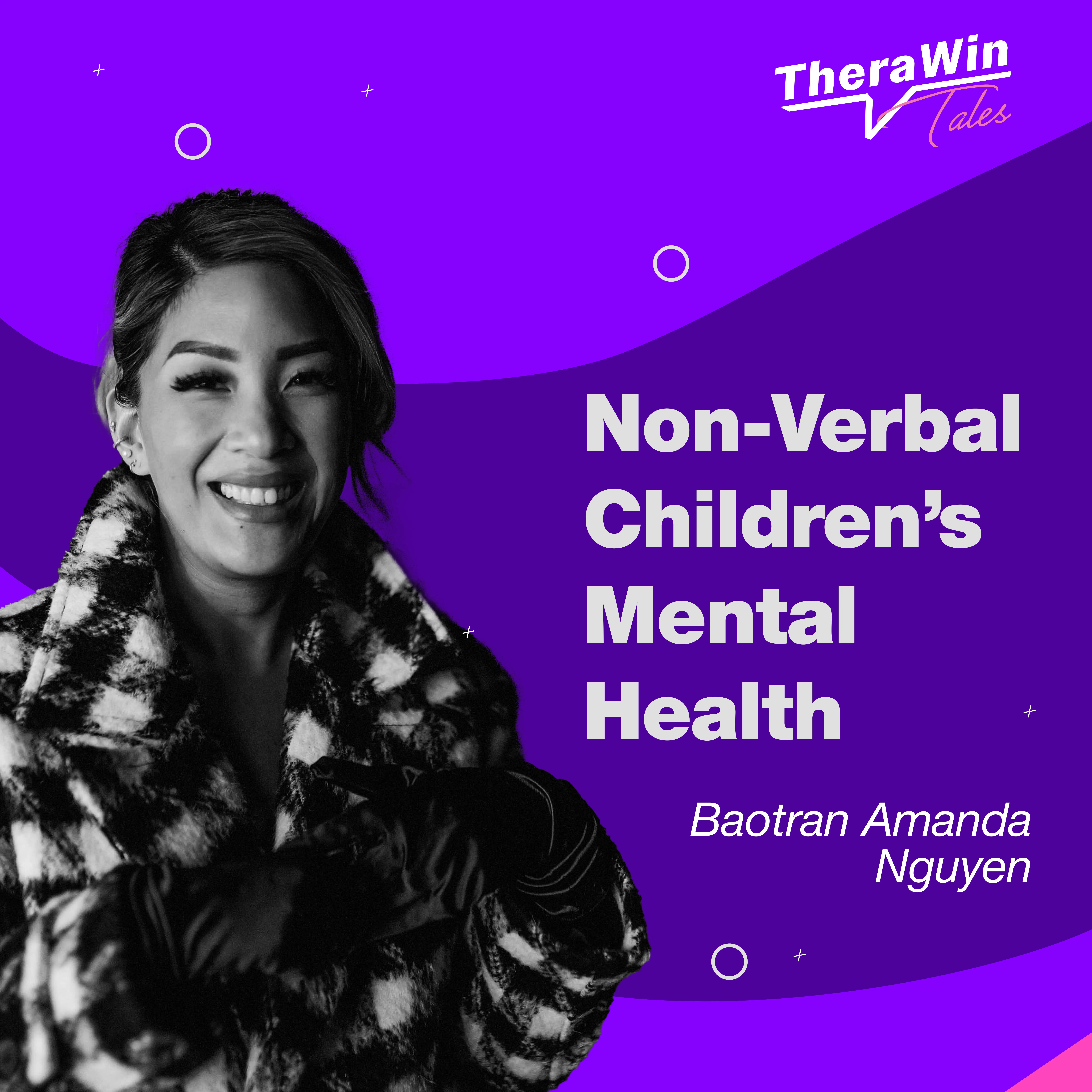The length of addiction counseling varies from person to person. Recovery is a deeply individual journey, and there’s no one-size-fits-all answer. Some people may find significant progress within a few months of counseling, while others may need ongoing support for years, depending on the severity of the addiction and any underlying mental health issues.
Addiction is often viewed as a chronic condition, which means that while it can be managed and treated effectively, the potential for relapse may still exist. Counseling helps reduce this risk by providing the skills and strategies to maintain long-term recovery. Here’s what to expect in terms of progress:
Initial Phase: In the beginning, therapy often focuses on breaking the immediate cycle of addiction—this includes identifying triggers, managing cravings, and developing early coping mechanisms.
Ongoing Support: Over time, therapy shifts to working on deeper emotional issues that may contribute to addiction, such as unresolved trauma, low self-esteem, or relationship difficulties.
Sustained Recovery: Once significant progress is made, counseling can evolve into relapse prevention, helping you identify warning signs and develop a long-term plan for maintaining sobriety or control over your behaviors.
There’s no rush or pressure to achieve a "cure" because recovery is an ongoing process that looks different for everyone. Instead of focusing on an endpoint, therapy encourages building resilience, emotional balance, and a healthier relationship with yourself over time. Whether you're in counseling for months or years, each step brings you closer to lasting change and a more fulfilling life.











